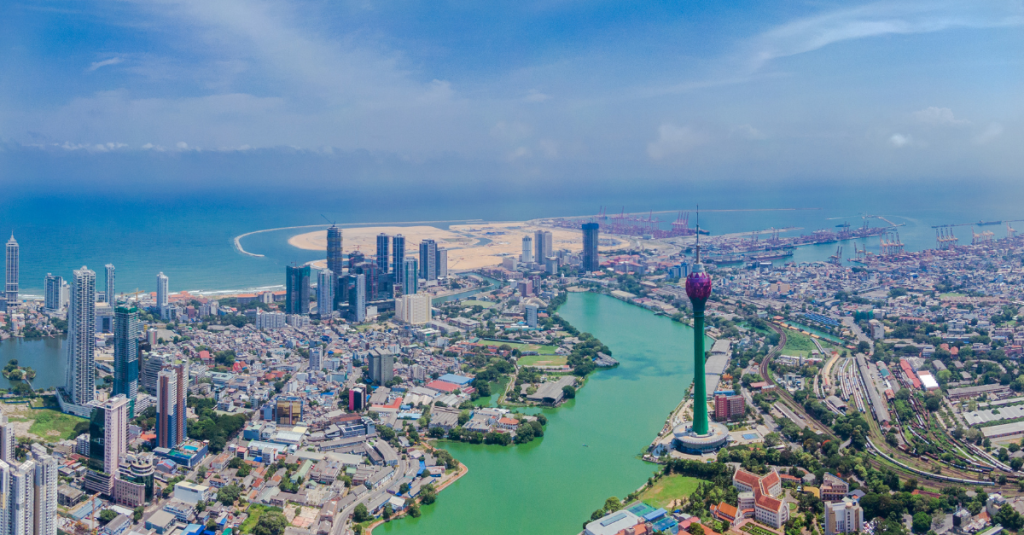Recent updates to the UK’s travel advice for Sri Lanka have sparked debate, with calls for further revisions continuing to resonate.
- In January, an open letter criticised the Foreign, Commonwealth & Development Office’s (FCDO) travel advice as “overly harsh” and “outdated”.
- The FCDO has amended its advice, recognising the need for more context, yet some inaccuracies remain.
- While adjustments have been made, the description of potential unrest across Sri Lanka still raises concerns.
- Tourism in Sri Lanka is seeing positive trends, with arrivals increasing despite the advisory.
The UK’s recent amendments to its travel advice for Sri Lanka have been met with mixed reactions. An open letter from January highlighted that the existing advisory was perceived as ‘overly harsh’ and ‘outdated,’ urging the Foreign, Commonwealth & Development Office (FCDO) to revise it. The latest changes include an update to previous mentions of roadblocks, reflecting a call for more contextual guidance.
However, the adjustments have not entirely satisfied campaigners. Sam Clark, chief executive of the Sri Lanka specialist Experience Travel Group, acknowledged the changes as ‘much better and more contextualised’ but maintained that they still do not fully reflect the reality in Sri Lanka. He contended that portraying the nation as a place where violent unrest could erupt spontaneously does not align with the actual situation.
The February advisory had warned of potential ‘protests, demonstrations, roadblocks, and violent unrest’ across the island, stating that such events could occur suddenly, with security forces possibly employing tear gas and water cannons. The updated advice has modified this statement slightly but still advises avoiding large gatherings, a point Clark describes as ‘particularly excessive and unfair.’
Clark and his fellow campaigners argue that such statements undermine trust in the advisory system if they do not mirror on-ground realities. They advocate for the FCDO to continue revising their guidance, emphasising that the allure of Sri Lanka’s cultural and natural beauty should not be overshadowed by moderate risks that are common globally.
In response to these developments, the High Commission of Sri Lanka in London emphasised its efforts in communicating with UK authorities to ensure the advisory reflects the ground realities. It noted the removal of previous references to shortages of food, fuel, and medicine. This update is seen as beneficial for the Sri Lankan tourism industry, which reported over 600,000 tourist arrivals in the first quarter of 2024. Despite the advisory issues, Sri Lanka remains a significant destination for UK travellers, ranking third in tourist arrivals between January and March.
The revision of UK’s travel advice for Sri Lanka continues to evolve, aiming to balance safety with accurate representation.

